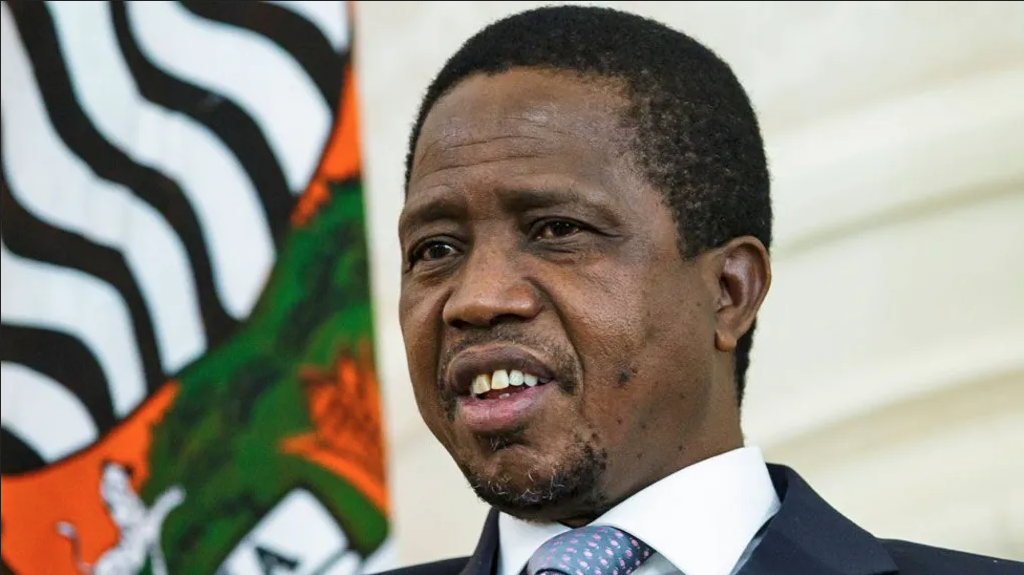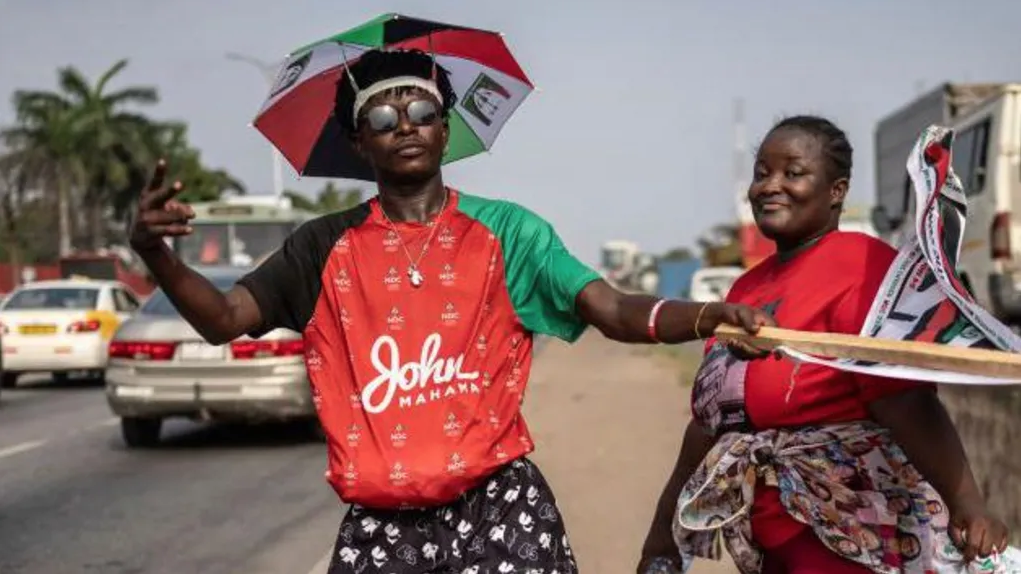A FINAL survey to determine the viability of a municipal police force for Walvis Bay is in full swing, and an “informal” outcome can be expected as soon as next week.
The official outcome will, however, only be made public after it has been tabled at the Walvis Bay Council and passed for further development at the next Council meeting on May 29. In the meantime, 17 unemployed young people have been appointed as data collectors and are making door-to-door visits to residents and businesses in Walvis Bay, Kuisebmond, Meersig, Narraville, Langstrand and the harbour town’s industrial area to ensure that all ratepayers participate in the survey.According to Nolito Marques of the municipality’s public relations department, 10 000 residents and businesses have to be interviewed to obtain a representative sample.He said most residents and business owners have been co-operative, although there were a few who refused to participate in the survey.”It is difficult to say at this point whether people are in favour or against a municipal police force, but we hope to at least have an understanding of the results by next week, after the survey comes to an end this Friday,” he told The Namibian.Because of the success of the Windhoek City Police on hand, and the high crime rate at Walvis Bay on the other, a proposal for the establishment of a similar municipal force at the harbour town became a hot topic in the community.Opinions on the desirability of a Walvis Bay City Police have been mixed up until now, but substantial enough to prompt a formal survey.Marques said it could cost up to N$16 million to get a force of between 60 and 80 officers off the ground.This, and the subsequent running costs, would have to be recouped from ratepayers.Among others, the survey questionnaire asks people whether they would be willing to pay a monthly levy of N$175 per household or N$300 per business to maintain a municipal police.Marques said these figures were “slightly higher” than initial estimates and were calculated after the total start-up and operating costs of the envisaged force were reviewed.”Once the survey has been completed and analysed, the results will be tabled at Council, who will then decide whether to proceed or not, and if yes; when and how it will be implemented,” Marques said.In the meantime, 17 unemployed young people have been appointed as data collectors and are making door-to-door visits to residents and businesses in Walvis Bay, Kuisebmond, Meersig, Narraville, Langstrand and the harbour town’s industrial area to ensure that all ratepayers participate in the survey.According to Nolito Marques of the municipality’s public relations department, 10 000 residents and businesses have to be interviewed to obtain a representative sample.He said most residents and business owners have been co-operative, although there were a few who refused to participate in the survey.”It is difficult to say at this point whether people are in favour or against a municipal police force, but we hope to at least have an understanding of the results by next week, after the survey comes to an end this Friday,” he told The Namibian.Because of the success of the Windhoek City Police on hand, and the high crime rate at Walvis Bay on the other, a proposal for the establishment of a similar municipal force at the harbour town became a hot topic in the community.Opinions on the desirability of a Walvis Bay City Police have been mixed up until now, but substantial enough to prompt a formal survey.Marques said it could cost up to N$16 million to get a force of between 60 and 80 officers off the ground.This, and the subsequent running costs, would have to be recouped from ratepayers.Among others, the survey questionnaire asks people whether they would be willing to pay a monthly levy of N$175 per household or N$300 per business to maintain a municipal police.Marques said these figures were “slightly higher” than initial estimates and were calculated after the total start-up and operating costs of the envisaged force were reviewed.”Once the survey has been completed and analysed, the results will be tabled at Council, who will then decide whether to proceed or not, and if yes; when and how it will be implemented,” Marques said.
Stay informed with The Namibian – your source for credible journalism. Get in-depth reporting and opinions for
only N$85 a month. Invest in journalism, invest in democracy –
Subscribe Now!






